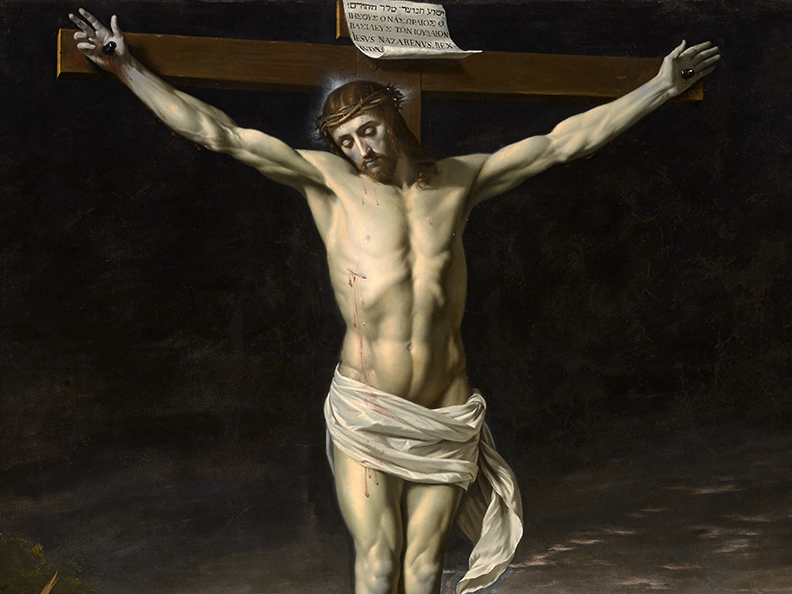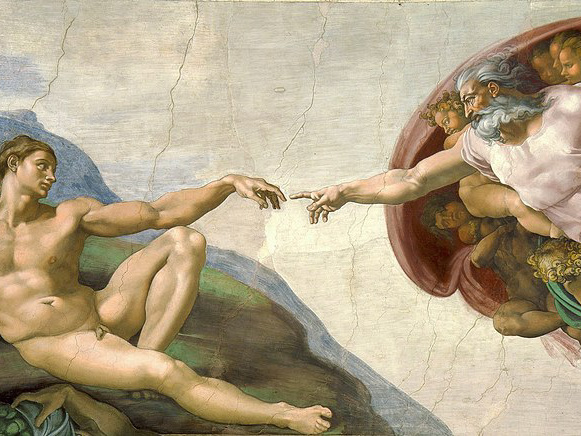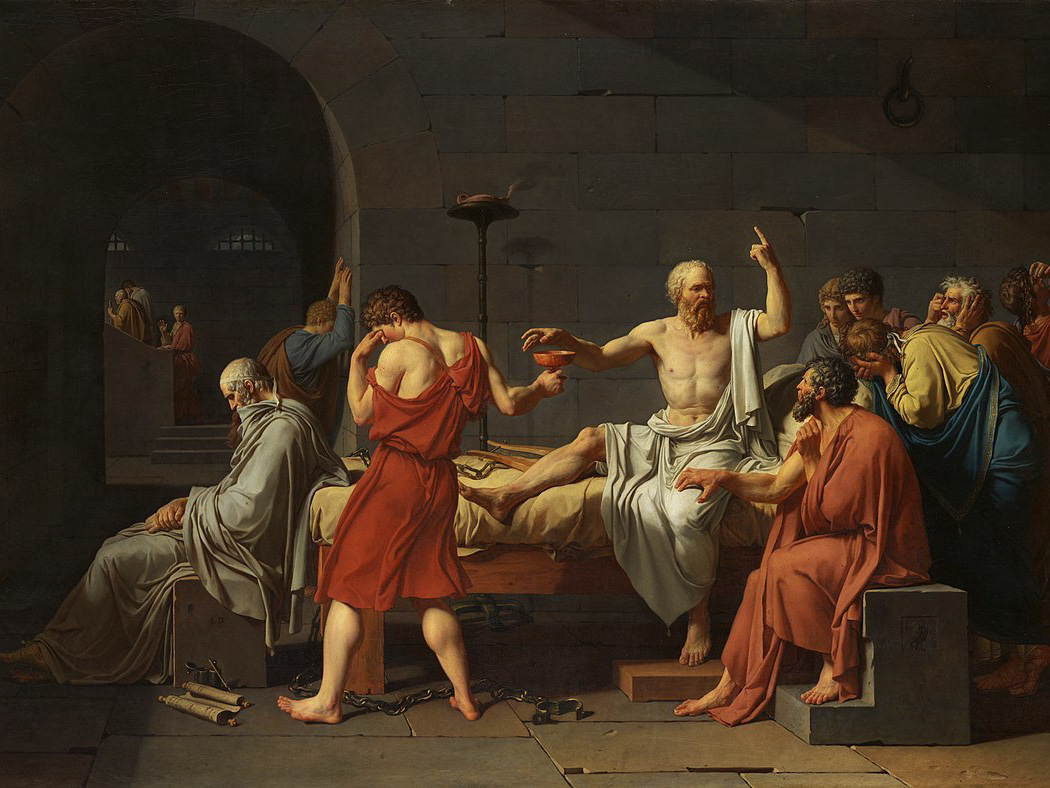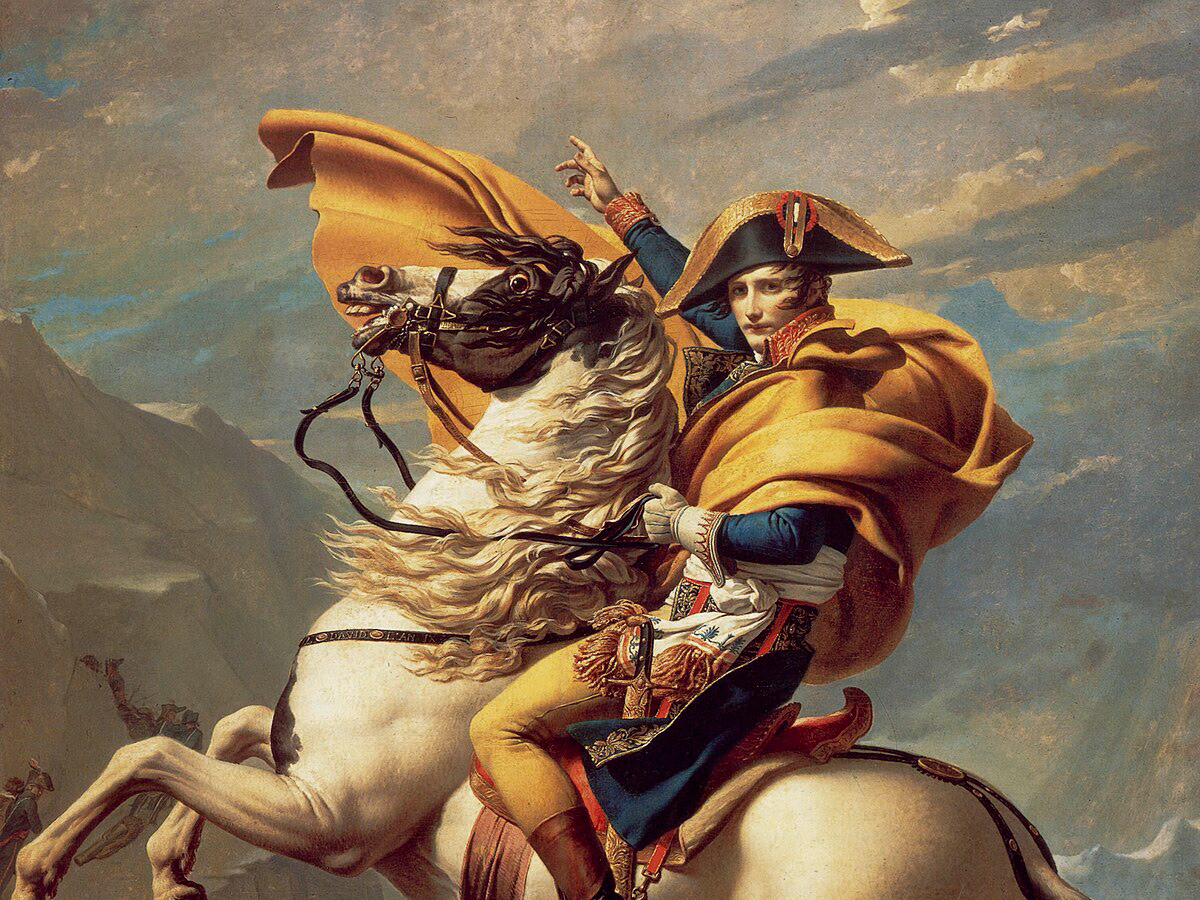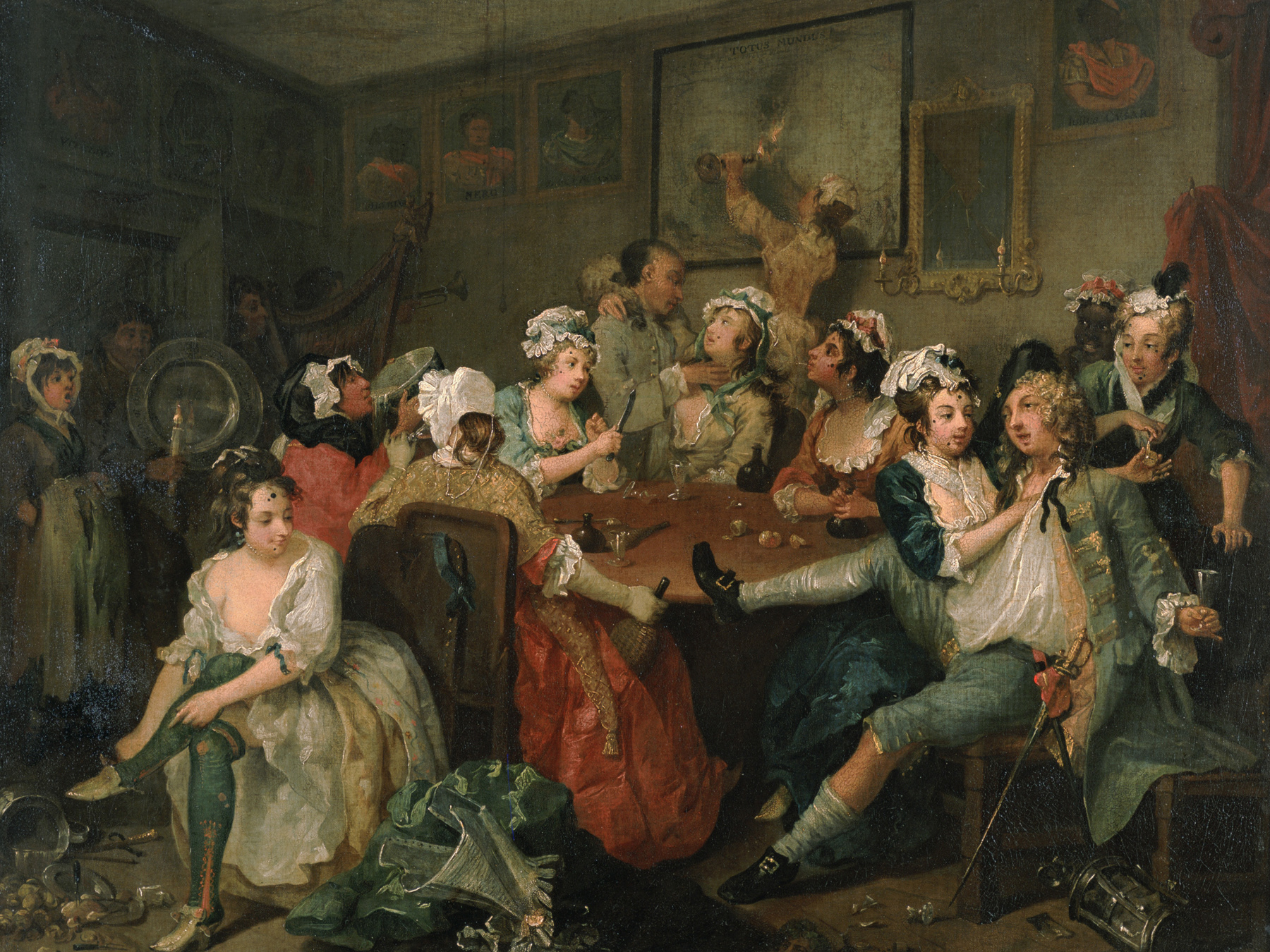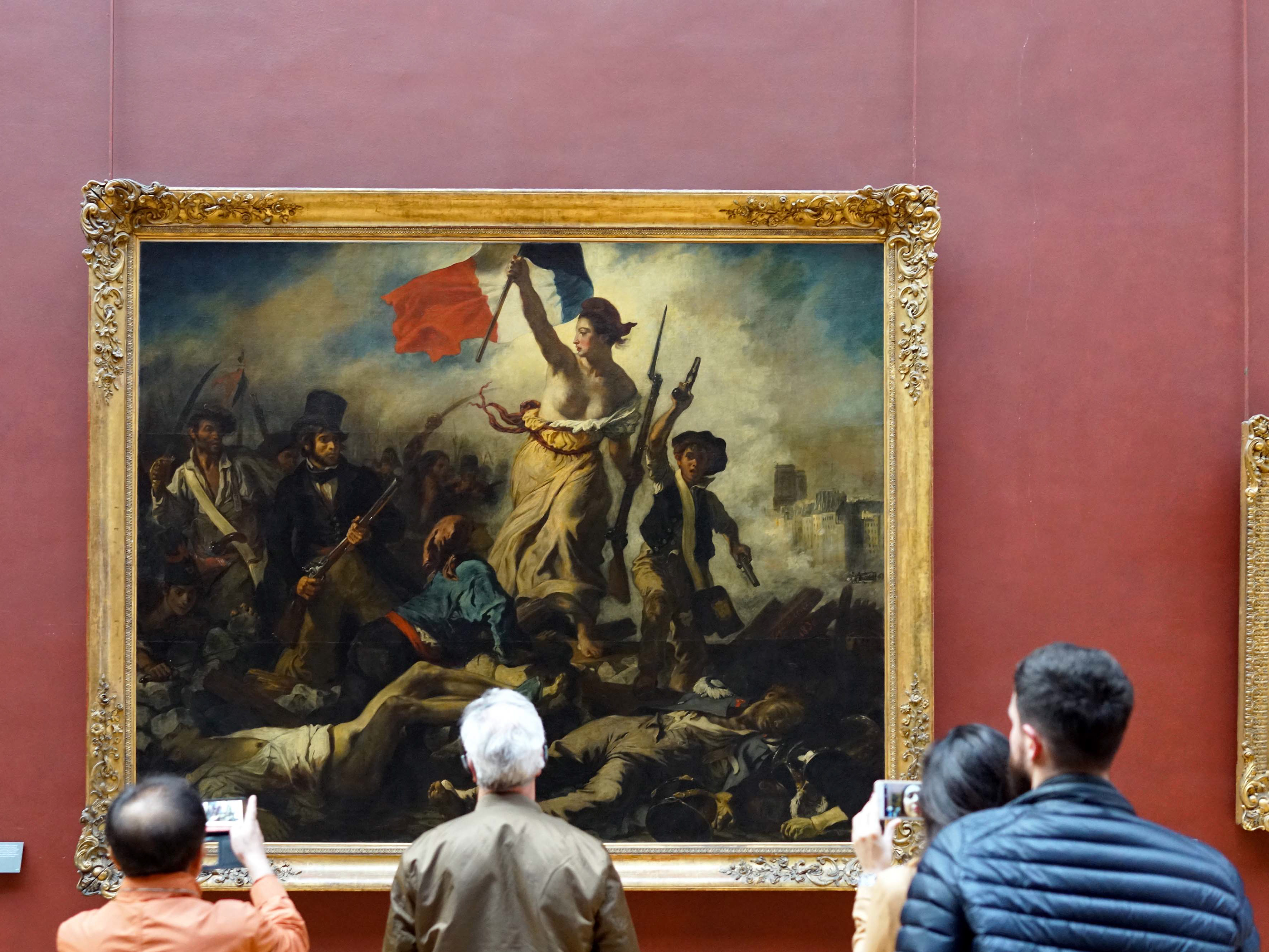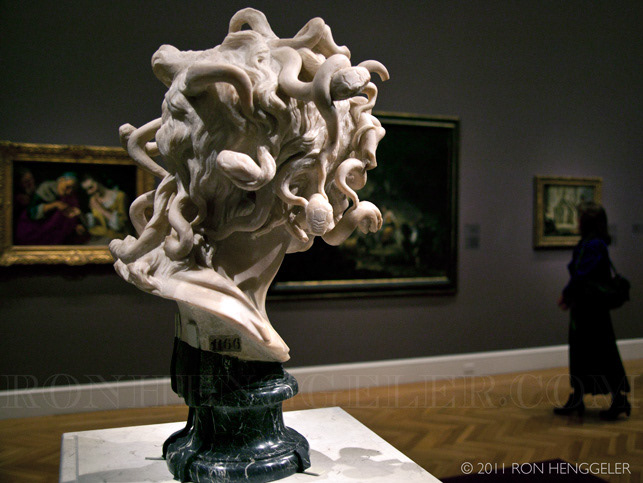The intellect of a man is his most important trait, second only to his soul. It is the wellspring of character, the shaper of personality, the governor of action.
The Forgotten Virtue of Thought
Let’s talk about Muhammad Ali.
An Olympic gold medalist, multiple-time world heavyweight champion, and referred to by many as the greatest of all time. But he was more than the ring—he was a voice, a personality, a well-documented poet and orator. His words packed as much punch as his jabs, and he dedicated them to matters bigger than himself. Racial politics in America, faith, humanitarian causes. He transcended the boxing ring.
Yet what I find more impressive is how and when he did it.
Ali once fought in Britain. He walked to the ring wearing a crown and a regal robe brandished with the words "I am the greatest." Later in an interview, he was asked about the crown, and he replied, "That is because I am the king! I understand you have a queen, but no king."
To be a Black man and make such a claim was astonishing. Most African nations were only just gaining or still fighting for freedom. Black folks in America—his parent country—and Britain—the colonial empire—had very few rights. The image of the Black man was still likened to the brute, the savage ape: strength with no intellect. And while Ali was gifted and strong, he was also witty. A maverick.
His fighting style didn’t depend on brute force alone. It was elegant, skillful, even beautiful. Outside the ring, he was more of a mind than you’d expect from a boxer.
There’s a lot of admiration and bias when I talk about Muhammad Ali. His actions were driven by compassion, humanity, and well-poised thought. Some of his more famous acts:
He refused to serve in Vietnam. For this, he was banned from boxing for three years, risking prison to defend his conviction.
He freed hostages in Iraq.
He visited refugee camps in Africa and the Middle East.
He stood up for Black dignity in every gesture.
Whether crowning himself "The Greatest," mocking white opponents who belittled him, or simply being unapologetically himself, Ali embodied dignity. In an age when Black men were expected to be deferential, he was bold, stylish, free. He made millions feel like they, too, could be somebody.
But the most dominant thing about Ali was his mind. Not just determination, but thought. He was fond of debate, not in the combative "I am right, you are wrong" style, but in a composed, civil manner—even when the subject matter degraded his humanity. He sat with white college students, reporters, whoever. He flowed between poems and facts with ease. An enigma of a man.
Another such man is Christ.
It is well documented that he spent time away from the crowd, away from the noise. I think it's a disservice that western prayer has become mostly about request and not reflection—which is more likely what Christ did in his alone time.
Isaiah 53 calls Him a man of sorrows, acquainted with grief. That sorrow was not void of reflection. He was painfully aware of his predicament. The grace he carried would not have been possible if he did not think. His teachings reveal what his heart must have pondered—not for himself, but for others. For the world.
He once told Peter, "Satan has asked to sift all of you as wheat. But I have prayed for you, Simon, that your faith may not fail" That kind of sensitivity and awareness does not come from a man who doesn’t think.
Christ's mind and its resilience may be one of the most overlooked miracles of the incarnation. His use of language, proverbs, parables, paradox—immaculate and intentional. He unveiled difficult truths like a surgeon with a scalpel.
We revere his divinity, but we often neglect the man. And in doing so, we lower the bar for ourselves. Christ debated rabbis and made them marvel. We say, "Wow, what a miracle," without seeing the boy who studied, who read, who reasoned. Who sat with Scripture long enough to internalize it, not just quote it.
The books of Solomon speak often of wisdom—not trivia or data, but the architecture of life. The mind holds knowledge, but more importantly, it cultivates restraint, vision, and discernment.
So where am I going with this? Anti-intellectualism and the Church.
Modern men—and most of my recent writings have addressed men specifically—are suffering from a failure of thought. I once wrote that the prototype of manhood we inherited is near obsolete. I wrote, too, of the Faux Leader—the Caesar and Napoleon we made of Christ.
Why do we make these errors? Because we don’t think. Christians aren’t encouraged to think. We’re told to ponder God's word, reflect on it—but little else. Maybe we get a few lines justifying our secular vocations, how God likes our jobs too. But real inquisition? Real pursuit of the mind of God? Rare.
When was the last time prayer wasn’t about you? Or your friend? When was it something so abstract from your desires you had to ask yourself, "Why do I care?" When was the last time prayer was about pondering eternity, or humanity, or God's sorrow?
Prophets in the Old Testament were not just spiritual. They were thinkers. Brilliant minds.
It may sound harsh, but it's true: the most dangerous people in society are the stupid. And stupidity often comes by majority. The people of God cannot, should not, be associated with gullibility—but we are.
Gustave Doré, Jacob Wrestling with the Angel (1855)
Why are Christians the easiest to deceive? It’s a matter of information and reading comprehension. The image of the sheep has been presented to us in a way that discourages critical thinking. But we are not sheep because we lack thought. We are sheep because we can offer nothing to the Shepherd.
Throughout history, Christians have been at the center of many disasters. Crusades. Colonization. The slave trade. Witch hunts. Why? Not because we lacked faith, but because we lacked thought. Because we had weak minds. We were more easily corrupted than we care to admit.
We are caught in the tides of the world, and we mistake reaction for discernment. It’s not deleting your social media or calling everything propaganda. It’s painstaking, silent, sincere weighing of things with God's Word.
The truth is a sword. But we must wield it like a scalpel.
It’s not about how much Scripture you’ve memorized. It’s about what you’ve internalized. Wrestle with God and the word like Jacob and leave that fight changed. Sit in the wilderness like David, contemplate the scriptures, and walk out as a King.
Fun fact: David didn’t have scrolls at his fingertips. Neither did most Old or New Testament figures. Scripture was internalized through repetition and meditation. Their recall wasn’t a memory trick. It was heart and mind in harmony.
I have sat in one too many settings, where Christians and non-believers alike yearn for revival, revolution, and change. If we desire such things, then we must bring back our thinkers, because they can envision the future.
